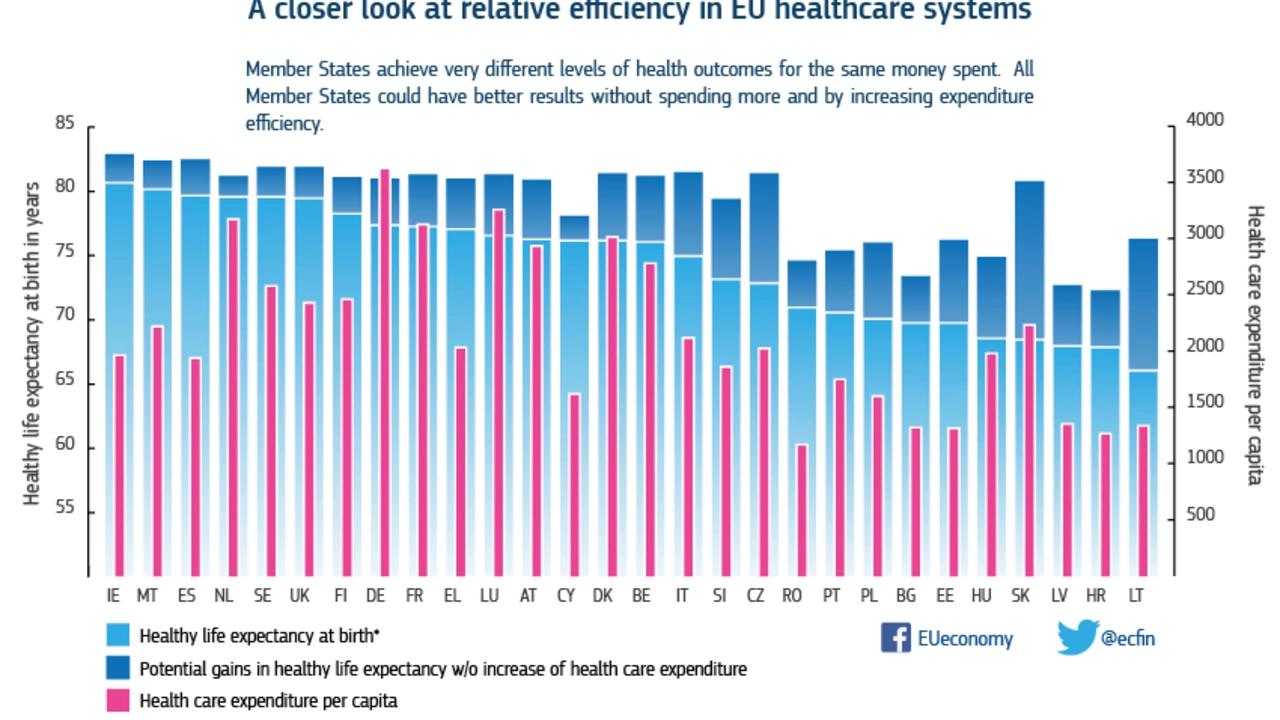Health Care Systems: What They Are and Why They Matter
When you hear "health care system" you probably picture hospitals, insurance bills, and doctors in white coats. In reality, a health care system is a network of providers, payers, regulations, and technology that together deliver medical services to a population. For a dentist, understanding this network helps you decide which insurance plans to accept, where to source equipment, and how to keep your practice compliant.
Why Costs Keep Rising
One of the biggest complaints about health care systems, especially in the U.S., is the sky‑high price tag. The average American spends about $11,000 a year on health care, more than double what people pay in other developed countries. High costs come from expensive drugs, over‑use of advanced imaging, and administrative layers that add fees at every step. If you’re a dentist, the same forces affect the price you charge for crowns, implants, or routine cleanings.
Who Gets Left Behind?
Access isn’t equal. Rural residents, low‑income families, the elderly, and women often face the biggest barriers. In many low‑ and middle‑income nations, up to 10% of the population can’t get basic medical services. In India, dentists in smaller towns may see fewer patients simply because the community lacks reliable health insurance or transport to clinics. Knowing who’s most affected helps you tailor community outreach or mobile dental units to fill the gap.
Technology is shaking up the whole picture. Artificial intelligence can read X‑rays faster than a human, and tele‑medicine lets patients consult a specialist from their living room. For dental practices, digital impressions, 3D printing, and cloud‑based record systems reduce errors and cut down chair time. When you adopt these tools, you not only improve patient care but also lower operating costs—something that every health care system needs.
Public health also plays a role. Physicians and dentists alike contribute by promoting prevention—think fluoride toothpaste, regular check‑ups, and vaccination awareness. When health professionals act as educators, the overall burden on hospitals drops, freeing up resources for more serious cases. In short, a strong health care system is a mix of affordable services, smart technology, and preventive education.
For anyone involved in dentistry, keeping an eye on how health care systems evolve can guide your business decisions, from choosing insurance networks to investing in new equipment. Stay informed, stay adaptable, and you’ll help your patients navigate the system while growing a resilient practice.
Why is universal health care so cheap?
- Kaius Sterling
- August 3, 2023
- 0 Comments
Alright folks, prepare to have your minds blown, because we're diving into the world of universal health care. It's like buying wholesale - when everyone's in on it, the cost per person goes down, just like when you buy toilet paper in bulk. It's also about prevention - keeping people healthy is cheaper than treating them when they're sick. You know, like changing your car's oil instead of waiting for the engine to blow up. And let's not forget the simplicity - one system, one set of rules, no need for a decoder ring to understand your health insurance plan. So, let's all go for a check-up, shall we? It's cheaper than you think!
read more